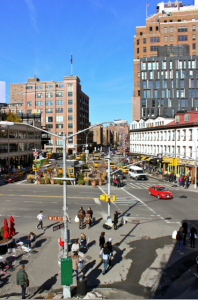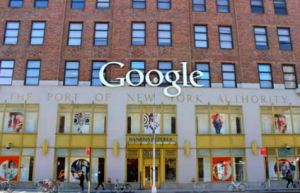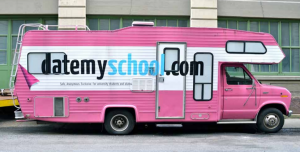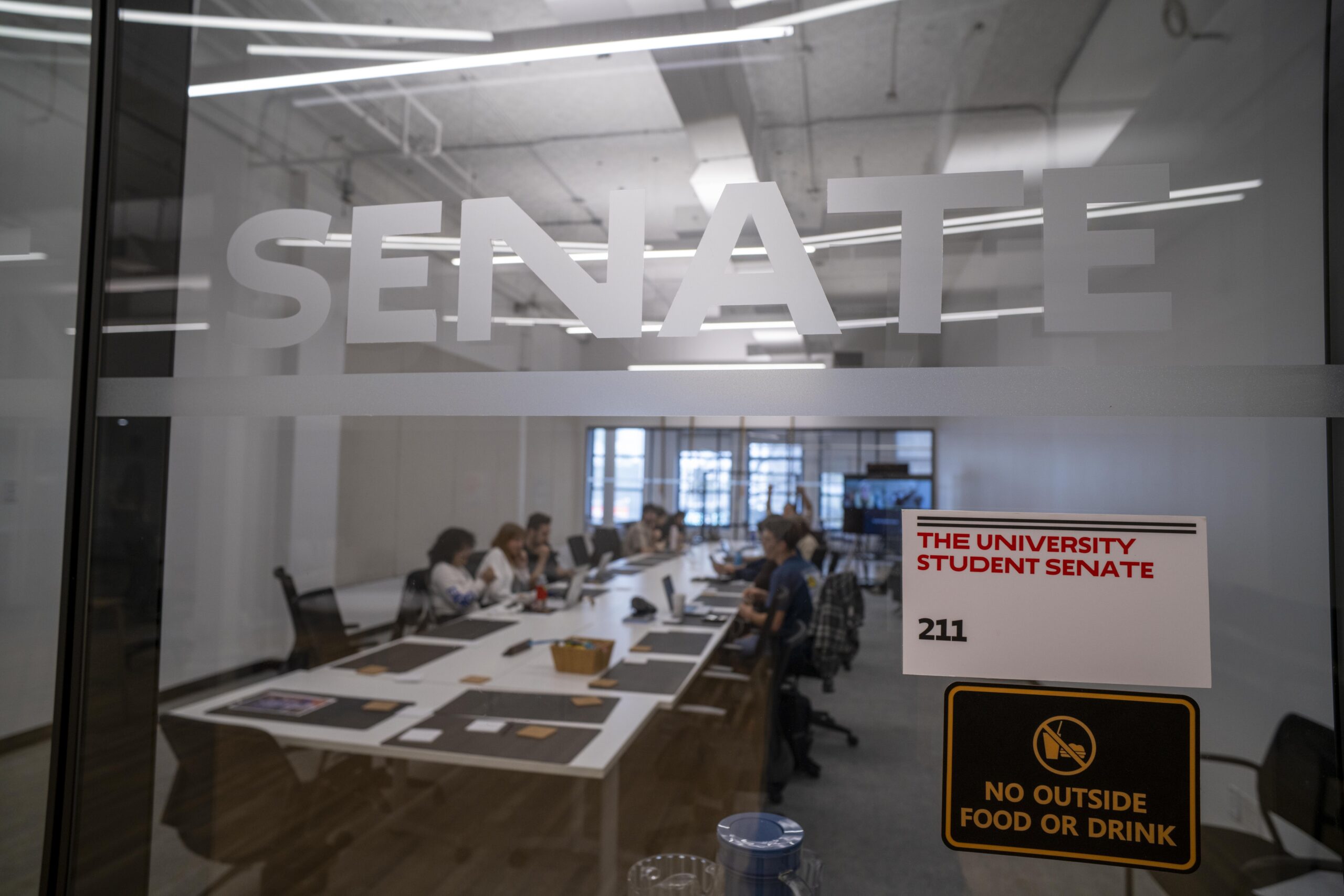Start-ups Give New York New Tech Title.
The neighborhood is just east of the Hudson, right below Hell’s Kitchen, the only place in Manhattan where people remember the names of piers. Bikes race taxis down the West Side Highway while high-rise employees work above, scanning the New Jersey skyline from their windows. Most call this place Chelsea. The believers call it “Silicon Alley.”
The name is a spin-off of Silicon Valley, the region in Northern California credited since the 1990s, for its successful local software and Internet companies. Committed to making Silicon Alley more than a nickname, Mayor Michael Bloomberg and his Office of Media and Entertainment recently expanded the “Made in NY” initiative. The Mayor’s Office originally launched the program in 2005 as a support system for New York media hubs. In February, “Made in NY” incorporated “We Are Made in NY,” a project to support the city’s budding tech industry.

Two years ago, a non-profit organization called New York Tech Meet Up built a list of “Made in NYC” start-up technology companies. The list has now become “the most comprehensive of all [start-up] tech companies,” according to executive director Jennifer Lawrence. New York Tech Meet Up boasts over 30,000 members, and its site lists more than 450 start-up tech companies under the “We Are Made in NY” umbrella. Among these businesses, about 250 are now hiring.
*****
New York is not just a place for startups. In 2006, Google opened an office in the city, located at 111 Eighth Ave., the former Port Authority of New York and New Jersey headquarters. The online giant later purchased that building, which spans a full block, in 2010. The acquisition was the third-largest real estate purchase in U.S. history. Google also leases an additional 100,000 square feet of office space in the Chelsea Market, making New York residents of more Google personnel than any other city, second only to Mountain View, California, the company’s longtime home.
In 2010, Mayor Bloomberg announced plans to open a technology-centric “genius school” on city-owned land. The lofty proposal involved a $100 million grant and rights to convert city-owned grounds into a high-tech graduate campus. The following year, Cornell University, in partnership with Technion-Israel Institute of Technology, won the contest. In December 2011, the Ithaca, New York-based university launched plans to build the Cornell Tech campus on Roosevelt Island.
Until the campus’ tentative 2017 opening, Google personnel will be donating 22,000 square feet of their Eighth Avenue building to Cornell Tech, which currently features eight graduate students. “We wanted to give back to the tech community, and help grow talent in New York City,” said Google spokesman Jordan Newman in a telephone interview with the Free Press.
Newman added that Google is working to create a mentorship program between Cornell Tech master students and Google employees. The program would incorporate projects allowing the students to work on “real world challenges and solve problems that involve real people,” Newman said.
*****
“Within the startup industry, a lot of times people are very anxious to get started,” said Lawrence. “They don’t do much leg work in advance to sketch out what the company or idea will look like.”
Staying ahead of competitors is crucial. Horin Yip, a Parsons design and technology student, said this is one of the problems New York presents for founding a tech startup. “Holding onto an idea around here is ridiculous. There is no honor among thieves, many here lie, cheat, steal,” says Yip.
With a community intact to support the constant shifts and changes of a growing industry, the greater the chance for a startup company’s long term sustainability. The educational antiquity serves as a launching pad for new fields, like technology, to develop and evolve under the assistance of a larger social structure.
“[New York City] has more college students than Boston has people,” Robert K. Steel, Deputy Mayor for Economic Development, said at a New York Tech Meet Up meeting in 2011.
Yip believes many students’ potentials go unnoticed. “We certainly have the brains here, but the problem is that those brains aren’t being utilized, they’re in underfunded schools,” he said.

But with Cornell Tech’s costs nearing $2 billion, some wonder how accessible it will be to less affluent students. “If the school isn’t financially feasible for many talented people, then I find this campus absolutely useless,” said Christopher Lucero, a Parsons design and technology student.
Part of We Are Made in New York’s goal is to fund entrepreneurship programs, free job training and application help for students, regardless of economic background.
Most Silicon Valley startups did not receive institutional support like New York’s new tech businesses are. Brian Wane graduated from the Parsons Design and Technology MFA program in 1999. The following year, he founded Smerc.com, an online social game. Over 12 years later, Wane founded Game Cloud Network, a startup company still in the works, intended to provide “social arcades” and ads. He hopes new entrepreneurs will benefit from newly accessible options.
“[The 90s] was the middle of the tech bubble,” said Wane. “We were basically inventing the Internet everyday. Now it’s a bit harder, but it’s also a little bit more exciting. There’s so many great tools now. If you can get three guys in a room then you can basically start a company.”
Terry Towery, a part-time photography professor at Parsons since 1990, saw a change in the Parsons student body before the dot-com bubble burst in the late ‘90s. “We began to have students who were coming into the photography program not because they wanted to be artists, but because they realized that there was a demand,” Towery said. “These dot-com companies were hiring art students right out of college before they had graduated, so a lot of those students dropped out to go work for start-up companies.”
*****
The Mayor’s Office and tech supporters, like New York Tech Meet Up, believe that New York has a unique advantage for start-ups. This city’s population and amalgam of cultures affords startups a network of finance, clients and new hires.
Greg Smith, founder of OnWe, a consumer based commercial rating app set to launch in April, believes the abundance of finance firms provide the backbone of New York’s startups. “New York is a hub of innovation -— lots of people, lots of money, a lot of talent,” said Smith. “New York is also the center of a special pool of mentors that California does not have.”
Location-based startups, like personal assistant network Fancy Hands and the university student dating site Date My School, build on the physical proximity of users. Balazs Alexa and Jean Meyer co-founded Date My School in November 2010, months after graduating from Columbia’s MBA program. Their site now has more than 210,000 daily users, and is “currently responsible for 50% of dates happening at New York University and Columbia,” according to Alexa. In 2012, the company’s investors wanted them to move to Silicon Valley, but Alexa and Meyer refused.

“All our users are basically here,” Alexa said. “New York keeps us in touch and in close contact with our users and customers. It’s more personal.”
Late last year, Date My School joined We Are Made in NY. Currently, the only benefit Date My School has gained from participating in the initiative is a feature on the site’s map. “We have not received any funding as of now,” said Alexa.
New York’s Silicon Alley has yet to gain the influence of its California counterpart, most likely because business models on each coast are so varied.
“Silicon Valley gets users, then figures out how to get funds,” Smith of OnWe told the Free Press. “In New York, enterprise is important — how to make funds first, then seek out users.”
The promising qualities of New York are straightforward. It is a city of designers and imminent creation. No matter the fate of the city’s tech startups, its ethos will leave an imprint on industry businesses.
“Anything is possible, especially with tech startups,” said Yip. “The key factor here is that we band together for progress and not a paycheck.”
With reporting by Delia Bennett, Alvina Lai and Elizabeth Wu








Leave a Reply